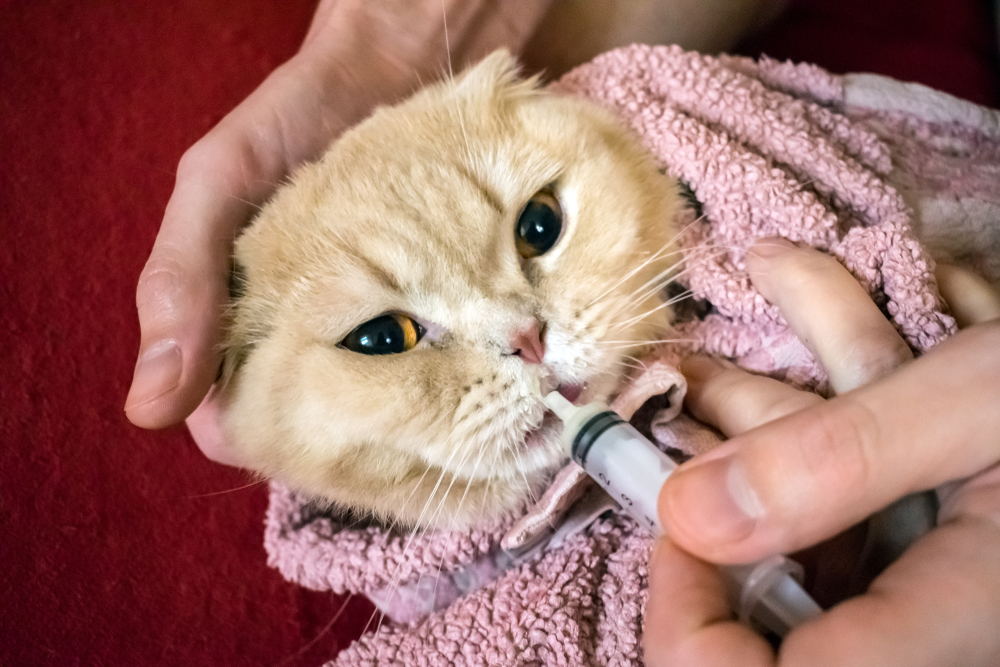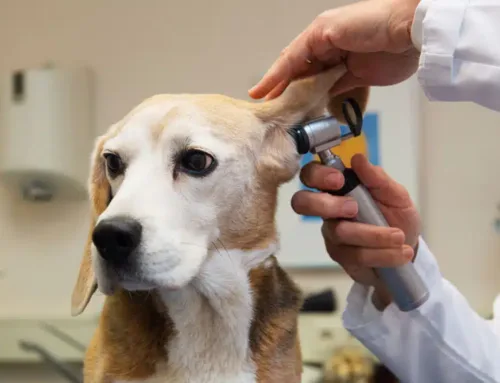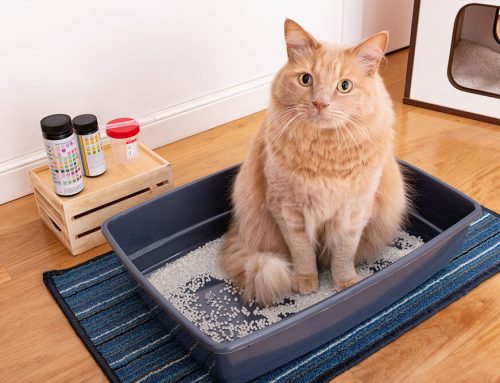While hiding your pet’s medication in a spoonful of sugar may not be appropriate, our team at Fairfax Veterinary Clinic are pros at getting pets to take their medications. We would like to help make the process less stressful for you and your pet by providing tips for medicating your pet.
#1: Ask us to demonstrate medicating your pet
Before leaving our office at Fairfax Veterinary Clinic, ask one of our veterinary professionals to demonstrate how we administer your pet’s medication. This will ensure your pet starts their medication as soon as possible, and will allow you to see the correct way to medicate them. Read the instructions, and ask us any questions you may have concerning the dosage, timing, or actual administration.
#2: Ask if your pet’s medication can be compounded
If you know you cannot easily coerce your pet into taking their medication, ask our veterinary professionals if their medication can be compounded to ease administration. Certain drugs can be formulated to be given topically, and some can be made into a flavored liquid. This can be especially useful for cats and exotic pets.
#3: Discover your pet’s equivalent to a spoonful of sugar
If your pet has a treat they cannot refuse, hide their medication inside the treat. Ensure they do not see you place the medication inside the treat, and offer an unmedicated treat before and after the doctored treat, to conceal your intention. If you are using human food, such as peanut butter, ensure the product does not contain the sugar substitute xylitol, which is toxic to pets, and can cause severe hypoglycemia.
#4: Learn how to pill your pet
If your pet catches on to the treat trick, you may need to pill them. Follow these steps:
- Grasp your pet’s muzzle using your left, or non-dominant, hand, and hold their medication in your right, or dominant, hand, between your thumb and index finger.
- Tilt their head back, and place your left thumb on the roof of their mouth.
- Use your right middle finger to open your pet’s mouth.
- Drop the pill as far back on their tongue as possible, and quickly close their mouth.
- Hold their mouth closed, while gently massaging their throat to prompt them to swallow.
- Once they have swallowed, praise them effusively, and reward them with a treat.
#5: Use your pet’s competitive nature to get them medicated
If you have multiple pets in your home, they likely vie for attention and do not want to miss out when you bring out the treats. Get them all excited and expecting a treat, and hand out treats to everyone, ensuring the pet who needs medication receives the doctored treat.
#6: Smear your pet with their medication
If your pet’s medication is a liquid or a pill that can be crushed, you can mix the drug with peanut butter or anchovy paste and spread the concoction on their paws. Most pets, especially cats, will lick themselves clean. Before crushing any pill, ask our Fairfax Veterinary Clinic veterinary professionals if breaking the pill apart will change the drug’s absorption or stability.
#7: Use a gel capsule to mask your pet’s medication
Some medications are extremely strong smelling or tasting, and your pet can recognize them regardless of the treat you use to hide the drug. You can place the medication inside a gel capsule to prevent them from smelling or tasting the drug.
#8: Allow your pet to “steal” a treat
While preparing food for yourself, “accidentally” drop a medicated treat for your pet to steal. They will gobble the treat down quickly, thinking they are getting away with eating human food, not realizing they ate their medication.
#9: Medicate your pet while out and about
Take your pet for a walk or a car ride. While they are distracted by the exciting sights, smells, and sounds, you can surreptitiously sneak them a medicated treat. They will likely be too interested in their surroundings to realize they were medicated.
#10: Make medicating your pet a game
Have several treats prepared, including a medicated treat, and toss the treats to your pet. They will be so excited to catch each treat that they will not notice when they receive one that is medicated.
#11: Medicate your pet when they are sleepy
Wait until your pet is sleepy and pliable to medicate them. They will likely be less resistant and may not remember as clearly what happened.
#12: Stay calm while you are medicating your pet

Your pet picks up on your anxiety, so act as normally as possible while medicating your pet, to help them stay calm, and to think that what is happening is normal.
When medicating your pet, always follow the instructions that our veterinary team provides, and finish out the prescribed course. Never administer human medications to your pet, and keep all medications in an inaccessible area. If you have any questions concerning your pet’s medication, do not hesitate to contact our team at Fairfax Veterinary Clinic.








Leave A Comment